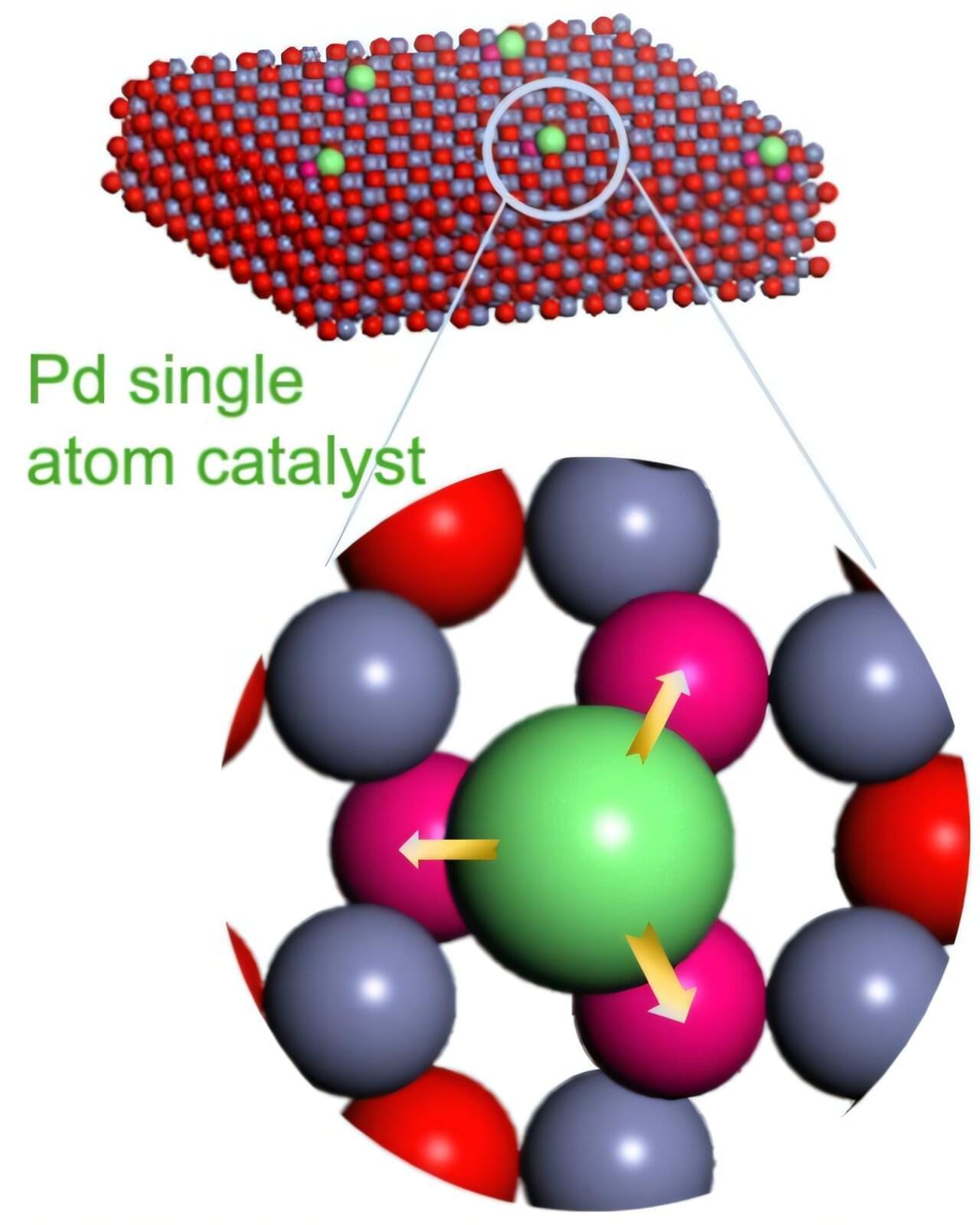A chemical reaction that’s vital to a range of commercial and industrial goods may soon be initiated more effectively and less expensively thanks to a collaboration that included Oregon State University College of Engineering researchers.
The study, published in Nature, involves hydrogenation —adding the diatomic hydrogen molecule, H2, to other compounds.
“Hydrogenation is a critical and diverse reaction used to create food products, fuels, commodity chemicals and pharmaceuticals,” said Zhenxing Feng, associate professor of chemical engineering. “However, for the reaction to be economically viable, a catalyst such as palladium or platinum is invariably required to increase its reaction rate and thus lower cost.”
